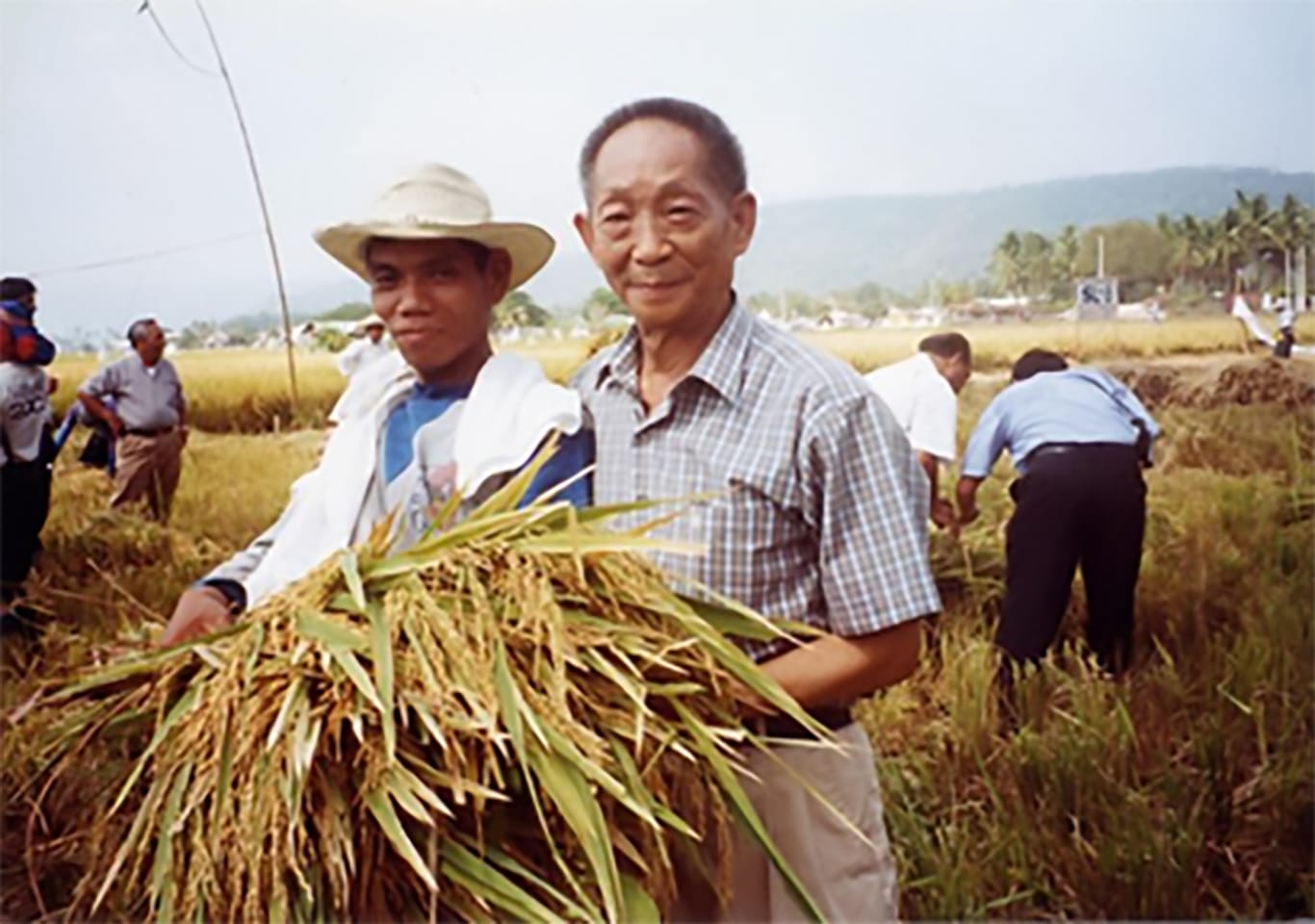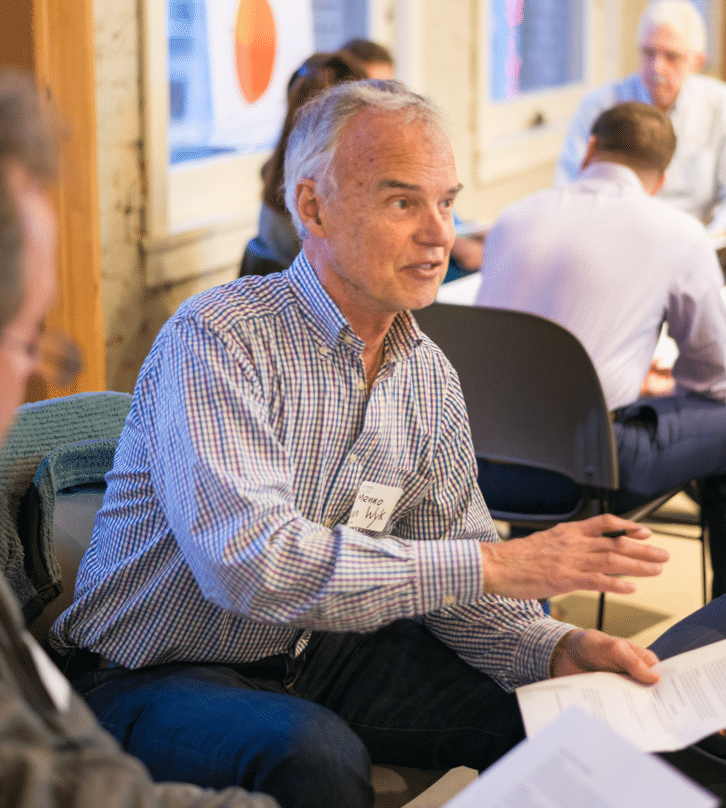Professor Yuan Longping, a legend of food security and household name in China, passed away on Saturday, May 22, 2021. He was 90 years old. Chinese state media and Nikkei Asia reported the news over the weekend.
For more than 50 years Yuan endeavored to improve China’s rice yields, contributing in a major way toward China’s rise to become an agricultural juggernaut and the world’s top producer of rice today. Together with economic reforms, Yuan’s work helped China dramatically increase agricultural productivity in the 1980s. His success earned Yuan the moniker “father of hybrid rice” from Chinese state media, a title inspired by the hybrid rice varieties he developed.
In a 2015 interview with Science Bulletin, Yuan was frank about the impact of the famine that led him to shift his research priorities early in his career. “Food scarcity caused many people to starve to death,” he said.
“During the years of the famine, food was more precious and expensive than gold, and hunger was like a monster, endangering the lives of thousands of people.”
He says he began experimenting with rice breeding in 1961, learning by fits and starts what worked and what didn’t. He says he eventually discovered through trial and error that hybridization was the way to go, abandoning efforts at improving yields using traditional pure rice breeds. “I’ve devoted myself to research on hybrid rice that is aimed to enhance its output based on a simple logical principle: superior species always have hybrid vigor, rice included,” he said.
Born in Beijing, Yuan made his way to Chongqing to study at Southwest Agricultural University. He graduated in 1953 and landed his first academic job at Hunan Agricultural University. Yuan says he initially studied sweet potatoes but shifted to rice after witnessing first-hand the horrific famine. After spending years researching how to improve rice yields Yuan says he began tinkering with hybridization in the 1970s based on the “wild abortive” species of wild rice that grew in Hainan Province. His experiments began to bear fruit beginning in 1973. “The hybrid rice species yielded 20% more per unit compared with common ones,” he told the Bulletin. China’s rice harvest started expanding in earnest from that point on.
Yuan made significant progress during the Cultural Revolution thanks to top Chinese officials who prioritized agriculture and supported him. He and his colleagues were able to continue research at test plots in Hainan and Guangxi throughout those tumultuous years. Yuan says he never stopped experimenting with different hybrids and different techniques, explaining in his Bulletin interview how he shifted from three-line breeding to two-line breeding systems in the 1980s. Yuan went on to found the China National Hybrid Research and Development Center in 1984. He led that organization right up until his passing. In 1996 he famously developed China’s “super hybrid rice,” boosting output even further. Yuan’s super hybrid rice variety is said to yield some 15 tons per hectare today, about three times what Chinese rice farmers produced when he began his research in the 1950s. The super hybrid rice variety is now commonly grown throughout China and parts of Southeast Asia. In recent years, Yuan’s institute has devoted increasing attention to improving the quality as well as yields of rice.
China became the world’s leading rice producer in 2004 and has held that status ever since. In the quest to dramatically improve rice yields Yuan succeeded where the International Rice Research Institute and Japanese researchers remained stumped for years. His life’s work and achievements did not go unnoticed. Yuan won several accolades and food security awards, including China’s State Supreme Science and Technology Award, the United Nations Food and Agriculture Organization’s Medal of Honor for Food Security, the 1996 Nikkei Asia Prize, the 2001 Magsaysay Award, the 2004 Wolf Prize in Agriculture, and the 2004 World Food Prize. He was elected as a foreign associate to the U.S. National Academies of Science in 2007.
The World Food Prize Foundation commemorated the memory of their late laureate.
“Professor Yuan contributed enormously to ending world hunger around the globe, and as such was one of our most laudable leaders,”
said foundation president Barbara Stinson in a release. “He was credited not only for the first varieties of hybrid rice, but also for the ability to then shift land out of rice production and into other kinds of food production, including fish ponds, fruits, and vegetables, increasing the variety of nutritious food in China.”
In his 2015 interview, he voiced frustration with Chinese government policies preventing his hybrid rice from storming the world. Yuan’s rice was eventually planted in the United States, but only after approval from three Chinese government departments. “We actually possess the core techniques and hybrid rice patents, so there’s no need to worry about copyright infringement and leaks,” he said. “I hope our country will become more open and encourage local seed companies to more readily enter the international market.” — Grow Further
Photo credit: Tang Min, Creative Commons




